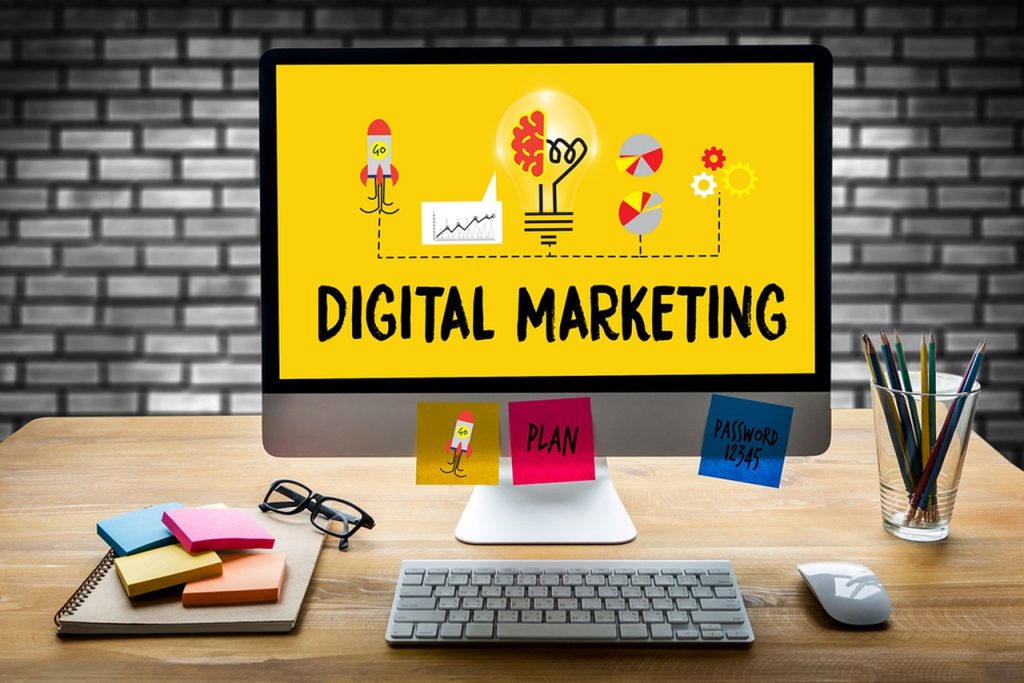
Brand recognition is a crucial aspect of any successful marketing strategy. It refers to how easily consumers can identify a brand based on its name, logo, or other attributes. In today’s highly competitive marketplace, standing out is vital for a business to thrive, and brand recognition helps achieve that. Here are the key reasons why brand recognition is important in marketing and how it can fuel business growth:
1. Builds Trust and Credibility
When customers recognize your brand, it creates a sense of trust and credibility. Familiarity breeds confidence, and people are more likely to purchase from brands they know and trust. By consistently presenting a cohesive image across all platforms, businesses can foster positive associations and reduce any perceived risks customers might have when trying new products.
Benefit: A recognizable brand reassures customers that they are making a safe, reliable choice, leading to more conversions and repeat business.
2. Creates Emotional Connections
A strong brand not only stands out visually but also connects with customers on an emotional level. When people recognize your brand and associate it with positive emotions, such as happiness, comfort, or satisfaction, they are more likely to remain loyal. Emotional connections are often the differentiating factor between a one-time purchase and long-term customer loyalty.
Benefit: Emotional engagement encourages repeat business and creates lifelong advocates for your brand, helping to drive word-of-mouth marketing.
3. Boosts Customer Loyalty
Brand recognition encourages repeat purchases and fosters customer loyalty. When consumers can easily identify and differentiate your brand, they are more likely to come back. Loyal customers who trust your brand not only buy from you again but also recommend your products to others.
Benefit: Loyal customers can become brand ambassadors, leading to organic growth through referrals and increased customer lifetime value.
4. Increases Competitive Advantage
In competitive industries, having strong brand recognition gives you an edge. Customers are more likely to choose your product or service over a competitor’s if they recognize your brand. Even if competitors offer similar products, a well-known brand tends to attract more customers, especially when they associate it with positive experiences or quality.
Benefit: A recognizable brand stands out in a crowded market, attracting more customers and boosting your market share.
5. Simplifies Decision-Making for Consumers
Consumers are faced with countless options every day. Brand recognition simplifies their decision-making process by allowing them to easily choose a product they are familiar with. When they recognize your brand, they don’t have to spend time comparing alternatives, which makes their shopping experience faster and more convenient.
Benefit: Making it easier for consumers to choose your product increases the chances of spontaneous purchases and strengthens customer loyalty.
6. Enables Premium Pricing
A strong, recognizable brand can command higher prices than unknown or generic competitors. When consumers trust your brand, they are willing to pay more for the perceived added value, quality, and consistency. This is particularly evident with well-established luxury brands, but it applies across all industries.
Benefit: Brand recognition enables businesses to increase profit margins through premium pricing, contributing to overall revenue growth.
7. Enhances Marketing Efforts
Brand recognition amplifies the impact of your marketing efforts. Whether you are running an ad campaign, launching a new product, or entering new markets, a recognizable brand makes it easier to attract attention and generate interest. Consumers are more likely to engage with marketing messages from brands they know and trust.
Benefit: Marketing campaigns become more effective and cost-efficient when promoting a recognizable brand, leading to higher ROI on advertising spend.
8. Encourages Brand Loyalty and Advocacy
Strong brand recognition fosters a community of loyal customers who not only buy your products but also advocate for your brand. When customers recognize and resonate with your brand, they are more likely to share their positive experiences with others, either through word-of-mouth or social media.
Benefit: Loyal customers act as free marketers, promoting your brand and expanding its reach, ultimately driving business growth.
9. Supports Expansion into New Markets
Brand recognition makes it easier to enter new markets and launch new products. When a business has a well-known brand, consumers are more likely to try out new offerings because they already trust the company. Whether expanding to different product lines or geographical regions, a strong brand name facilitates smoother transitions and quicker acceptance.
Benefit: Expanding into new markets becomes less risky when your brand is already trusted, speeding up time to market and increasing the chances of success.
10. Strengthens Customer Retention
When consumers recognize and relate to your brand, it increases customer retention. Brand recognition instills confidence in customers that your business will consistently deliver the same quality and service every time they interact with you. This consistency reassures them that they can count on your brand, reinforcing their decision to remain loyal.
Benefit: High customer retention rates reduce the cost of acquiring new customers, maximizing your business’s profitability.
Conclusion
Brand recognition is a powerful asset for any business, contributing to customer loyalty, trust, competitive advantage, and long-term growth. The more recognizable your brand is, the easier it becomes to build relationships with your audience, command premium prices, and increase the efficiency of your marketing efforts. For businesses looking to grow in today’s competitive landscape, investing in brand recognition is not just a strategy—it’s a necessity.
Read more about the digital world, click here: www.infinitytasker.com




